KARE (Kalasalingam Academy of Research and Education) is committed to reducing its carbon footprint and promoting energy conservation by implementing energy-efficient appliances across the campus. The usage of energy efficient appliances reduces the energy consumption up to 35%. The lower the consumption, and thus increased energy efficiency, significantly reduces operating costs and contributes substantially to climate and environmental protection.
KARE has implemented the following practices towards Energy and climate change:
Replacing LED, Energy Efficient fans and Power efficient equipment
Sensor based Energy Conservation using Solar Street Lights
| S.No | Appliances | Total Energy saved (in MWh/year) |
CO2 emission saved (t CO2/annum) |
|---|---|---|---|
| 1 | Slim tube lights & LED bulbs | 255.15 | 255.15 |
| 2 | Energy Efficient fans | 216.7 | 223.63 |
| 3 | Air conditioners | 200.8 | 207.8 |
All the Buildings are provided with sufficient lighting with slim tube lights and LED Bulbs. The buildings are provided with fire safety measures. Water facility is available in all smart buildings. The Indoor environments of the buildings have sufficient intensity of light and well aeration to have the conducive environment for Teaching Learning purpose. Thus smart buildings improve the indoor air quality and lighting in a significant wing and consumes lesser energy sources thereby carbon emission gets reduced.
Smart metering improves monitoring and control of electricity usage and eliminates wastages. Automatic motion sensor system installed in the doors of air-conditioned space reduces temperature raise in the air conditioned space, thus reducing energy consumption in central air conditioners and each building is covered under CCTV surveillance. The students have been given awareness to switch-off light and fan when not in use.
KARE is a gated community with a single entry and exit point manned 24×7 by security measures. 482 CCTV video cameras at all the locations on the campus, ensure additional safety for the campus inmates.
Considering the location of the institution, KARE has installed various rain water collection systems to sustainably manage the water requirements in the campus. The rain water collected is either used for recharging the ground water through water harvesting pits and trenches or stored in tanks and used.
The rainwater is harvested from the roof top of the academic buildings and hostels. The water is collected through pipes and the collected water is either used for recharging the ground water or taken through canals to the percolation ponds situated at three locations inside the campus.
Hence efficient usage of available water, we are following water conservation policy.
https://kalasalingam.ac.in/wp-content/uploads/2021/11/Water-Conservation-Policy.pdf
The construction of buildings with a focus on environmental parameters, particularly those related to thermo-hydrometric comfort, is essential for creating sustainable and livable spaces. To achieve this balance, modern building designs are constructed in North-East direction to avoid excessive heating due to sunlight inside the classrooms. Additionally, All the classrooms are incorporated with natural ventilation systems.
The integration of renewable energy systems, like installation of solar panels, offer additional insulation and contribute to controlling indoor temperatures while reducing urban heat island effects.
Shielding adjustment and solar control in buildings are important to keep indoor spaces comfortable by managing sunlight and heat. The institution uses the following initiatives for shielding adjustment and solar control:
Skylighting
Vertical blinds
Sunshades
Passive Cooling system



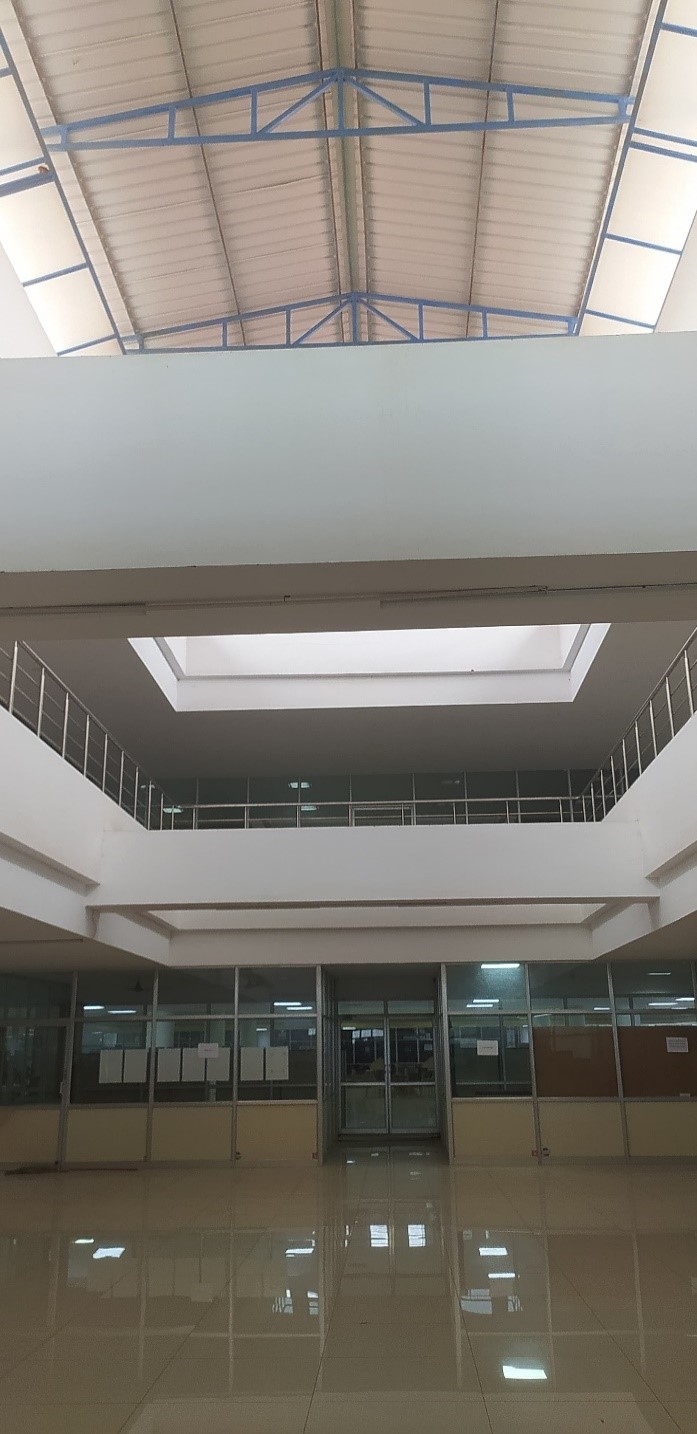
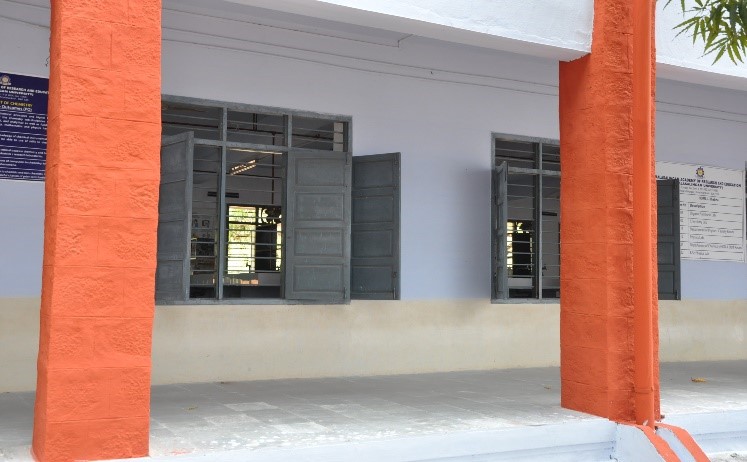
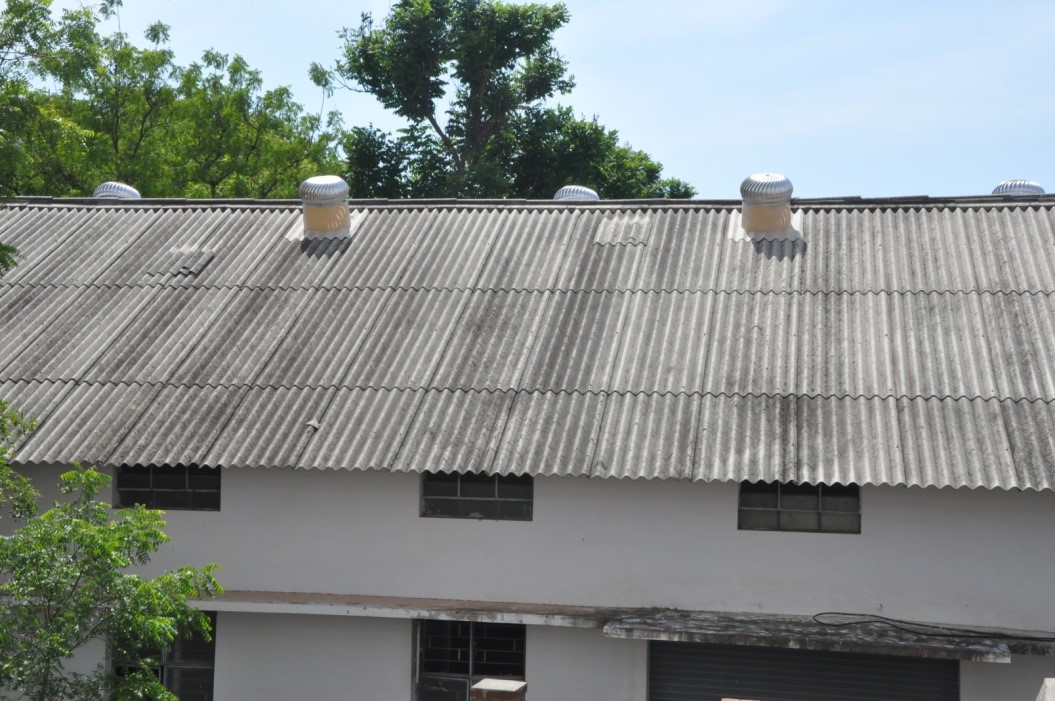
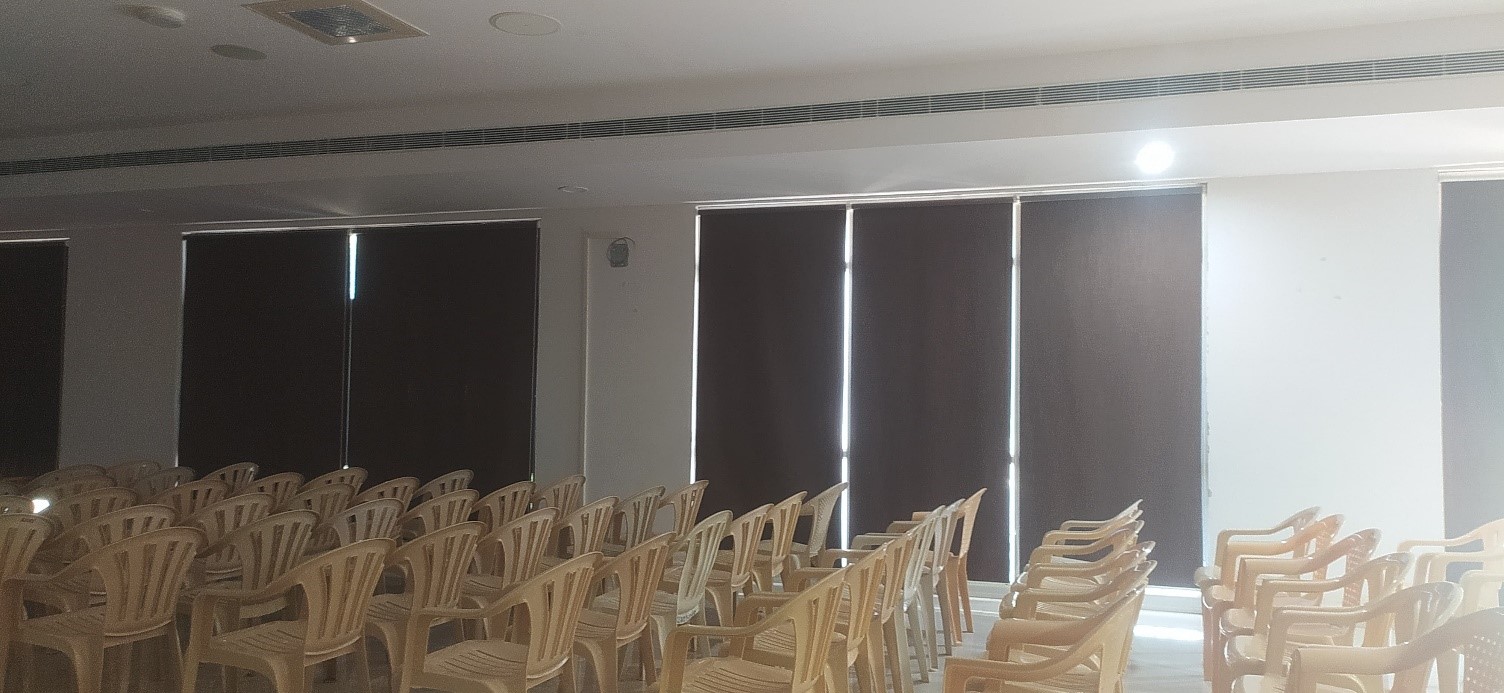
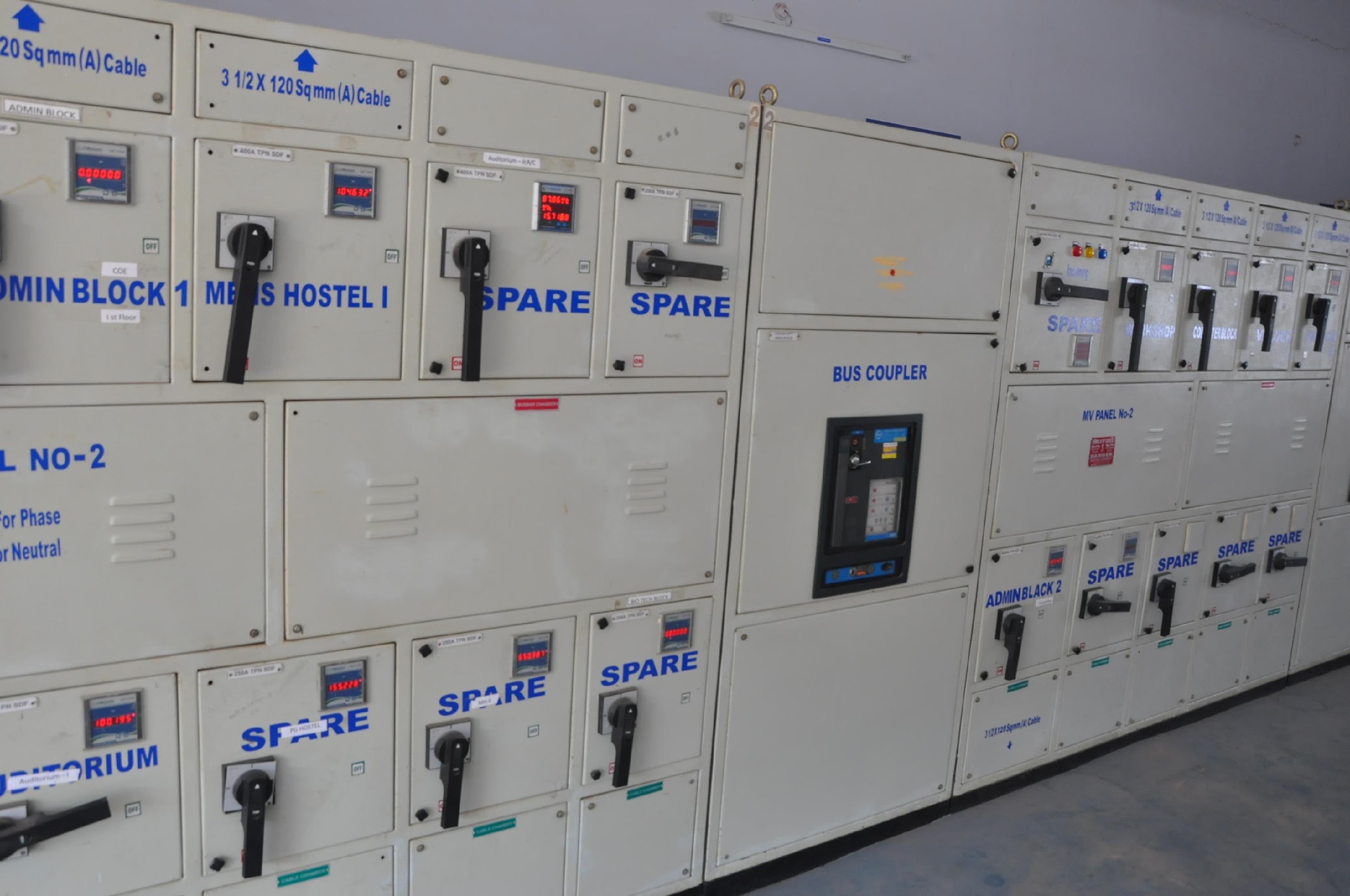
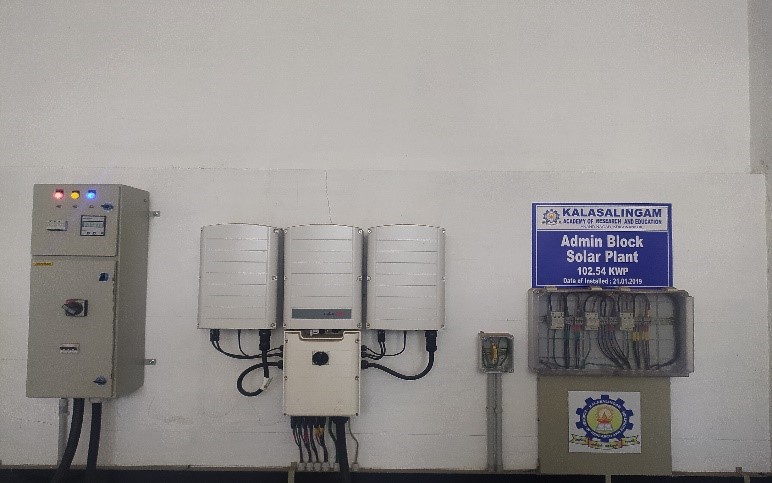
To tap the alternate energy sources, KARE has installed 1124.22kWp rooftop solar power panels on top of nine blocks. About 45% of the energy consumption is met by the solar energy leading to the reduction in carbon foot print. The institution has also installed 152 solar street lights throughout the campus which amounts to a saving of about 9.56 kWh per annum. Further, solar water heaters are installed in the hostels and solar pumps are installed in the agriculture farms to tap solar energy.
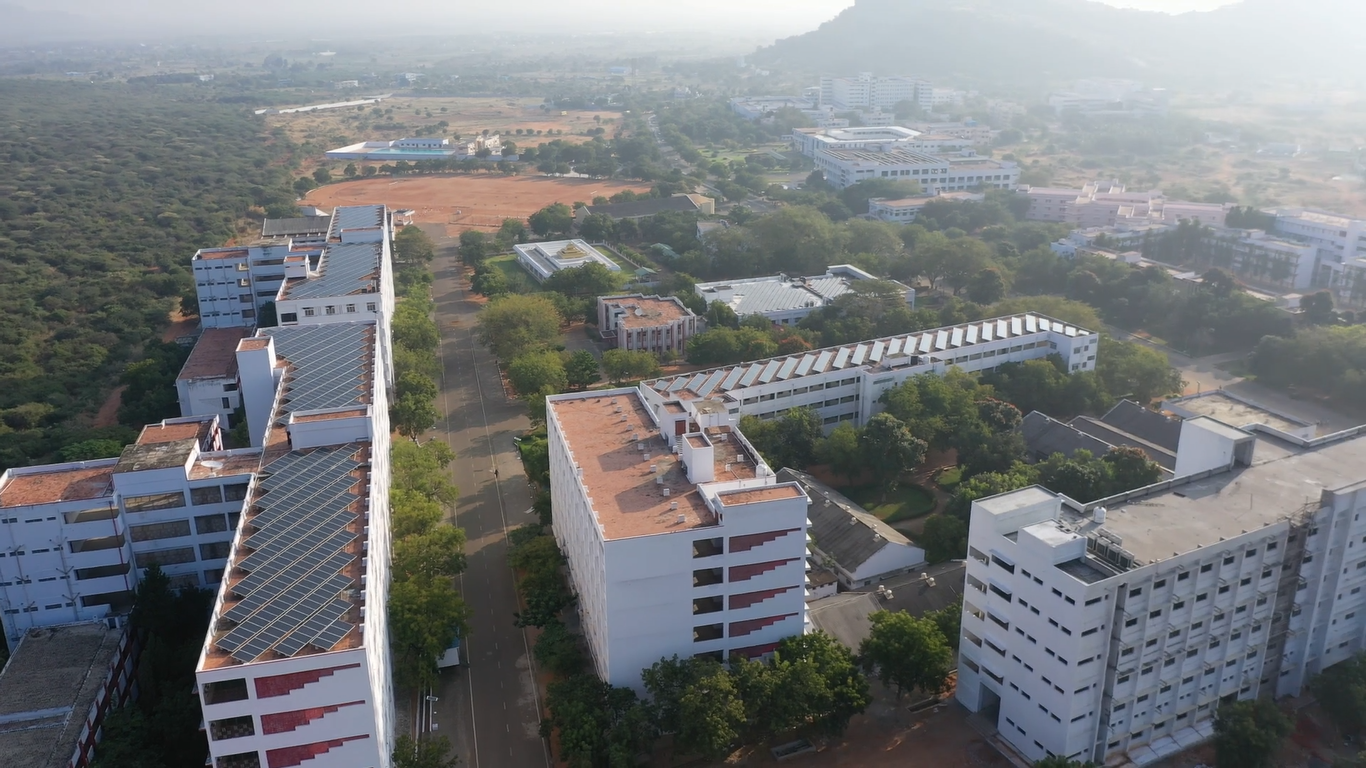
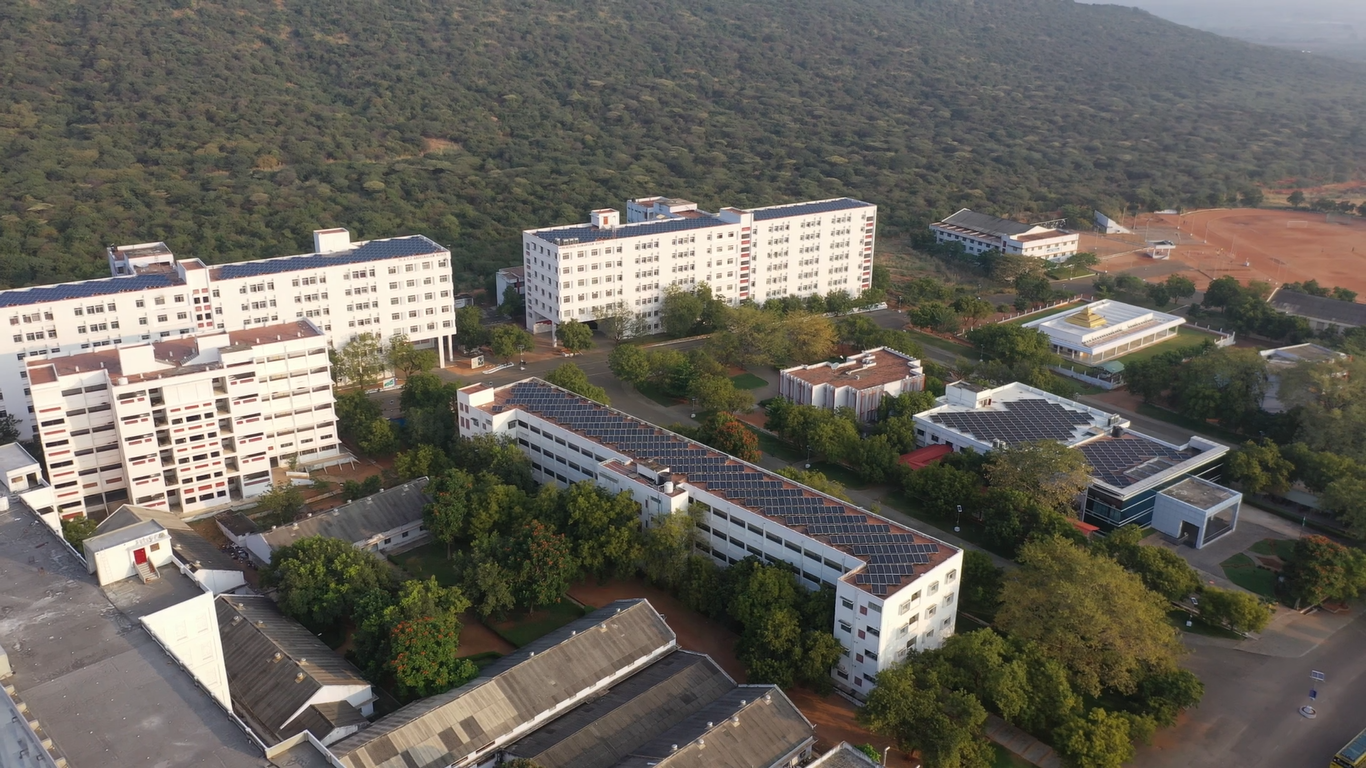
There are totally 7 hostels in the campus and approximately 3400 students are residing in the campus at any point of time. The food is prepared in a common kitchen and distributed to the various hostels. The fresh vegetable peels are collected from the cooking area and part of it was utilized for biogas production. The collected waste is chopped into small pieces using a mixer and fed into the digester.
For the production of biogas, a fixed dome digester was constructed to utilize part of the kitchen waste. The radius of the digester is 1.25 m and its height 2.5 m. The total volume of the digester is 12 m3. About 1500 kg of kitchen waste is processed everyday resulting in the production of 4.6 kg of biogas per day. This results in savings in the usage of LPG in the kitchen.
8646382 kWh
10345
835.80 kWh per person
All the buildings are constructed under NBC 2016 (National Building Code of India – 2016) guidelines.
The university follows the concept of Smart buildings equipped with efficient ventilation systems and surrounded by green belts and plantation for healthy environment around the buildings.
Most new buildings are designed in a square or rectangular shape, with open space left in the center. This layout allows natural sunlight to enter the buildings, making the interiors brighter and more comfortable.
The buildings are designed with open courtyards, ensuring that both the inner and outer areas get plenty of light. All the corridors are properly ventilated and roof tops have vents for maximum utilization of day light.
Roof skylights and large windows bring in plenty of sunlight, reducing the need for artificial lighting and saving energy. Central courtyards and ceiling lights also help increase daylight inside.
New buildings of the university have a middle garden with or without a glass roof. These open areas in the middle of the buildings get more sunlight so that electricity usage for the lighting of halls is reduced.
Fly ash, marble dust, granite dust, Ground Granulated Blast-furnace Slag (GGBS), paper burnt ash and sugarcane bagasse ash are used as source materials for the manufacture of eco-friendly construction products such as concrete bricks and paver blocks.
All classrooms and laboratories are provided with wide windows to have plenty of natural ventilation and maximum illumination. These arrangements help to reduce the electricity consumption and provides natural environment for studies.
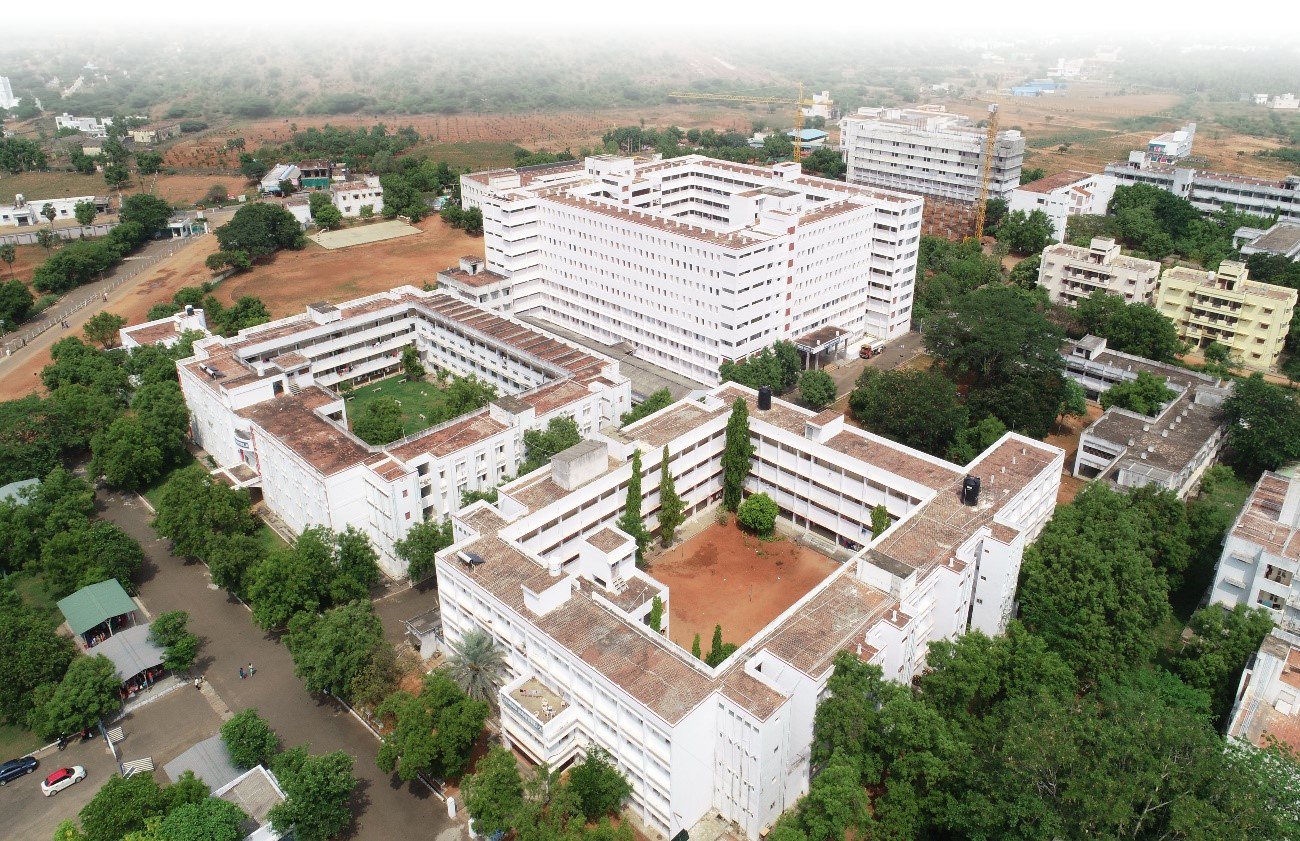
Various greenhouse gas (GHG) emission reduction programs are followed by KARE to mitigate the environmental impact and promote sustainability to reduce Greenhouse gas emission. The institution has established a system for the management of various wastes produced in the campus, to provide a clean environment through the concept of Reduce, Recycle, Reuse which in turn creates wealth and also supports wellbeing of students, faculty and staff and to enhance the quality of life within the campus and to the society. Wherever possible, the institution is committed to recycling those materials.
Some common programs and initiatives followed by KARE:
1. KARE is cutting down greenhouse gas (GHG) emissions within Scope 1 by using biogas for heating. They are also reducing the need for electricity in cooling by using common ventilation systems. To lower emissions from transportation, the university operates common bus facility for faculty and staffs along with public transportation. Additionally, vehicle traffic within the campus is carefully controlled. More than that 78% of the students are staying in the university hostels. Because of this commuting is also reduced. These efforts help to minimize transportation-related greenhouse gas emissions, contributing to a cleaner and more sustainable campus environment. Additionally, solar panels on campus provide some of the energy needed.
2. KARE is situated in an area where a large solar power plant supplies electricity. This means that while KARE benefits from solar energy in the region, the electricity it uses isn’t entirely purchased, the renewable is still involved in generating a portion of it. (Scope 2)
3. As part of the university’s zero waste program, KARE aims to reduce emissions from solid waste. Through STP plan, the sewage water is utilized for garden irrigation and flushing the toilets. Through these initiatives, KARE is actively working to reduce its environmental impact and promote sustainability across various areas, including waste management, water usage, and transportation. (Scope 3)
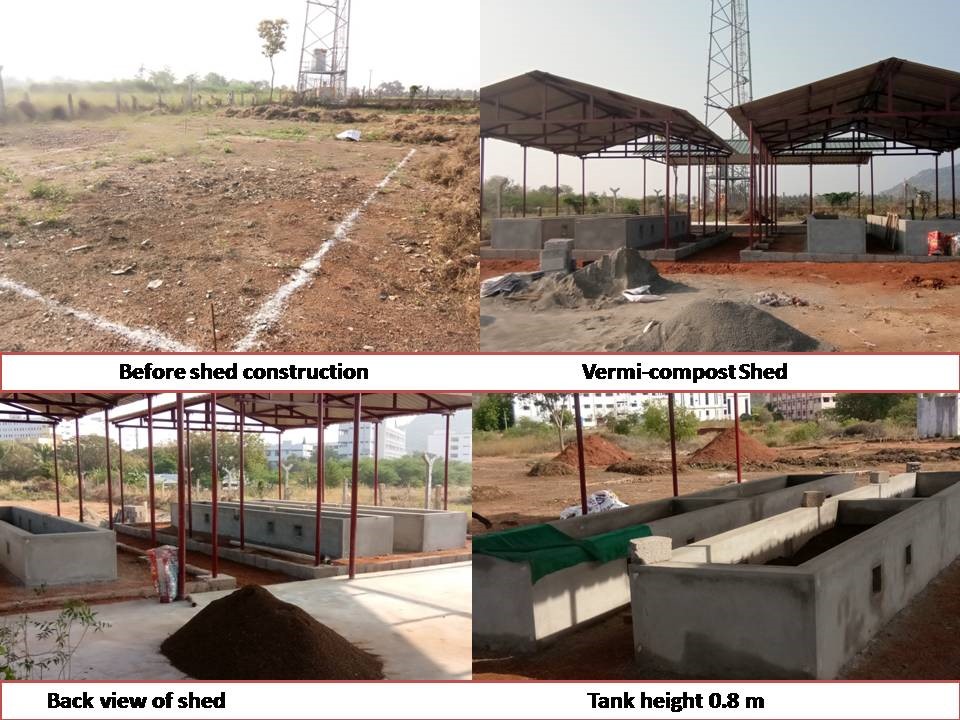
Vermicomposting
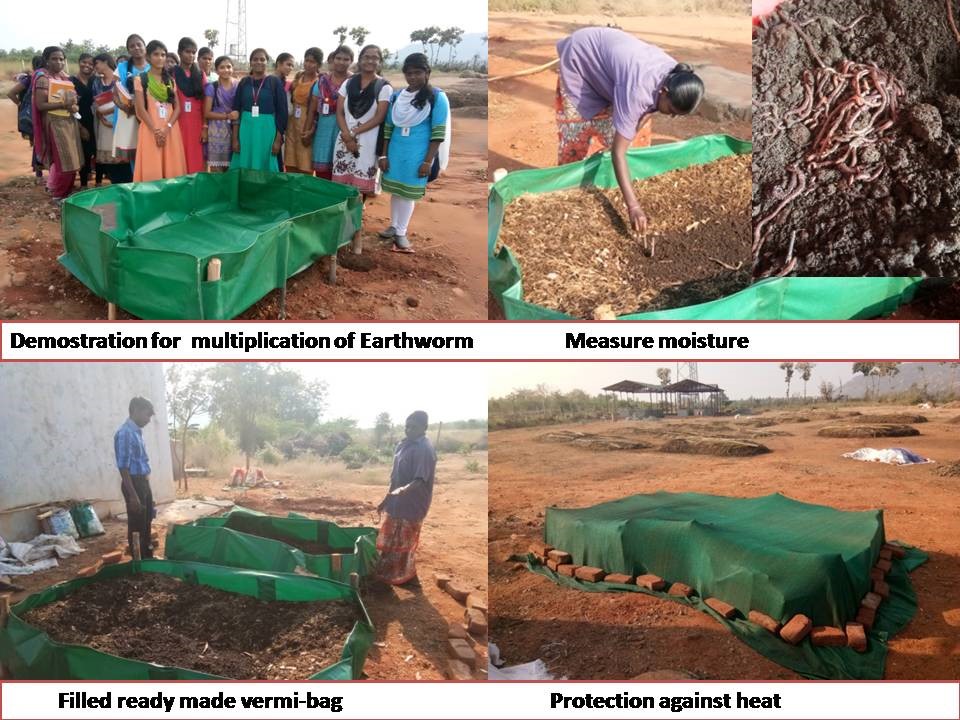
Vermicomposting
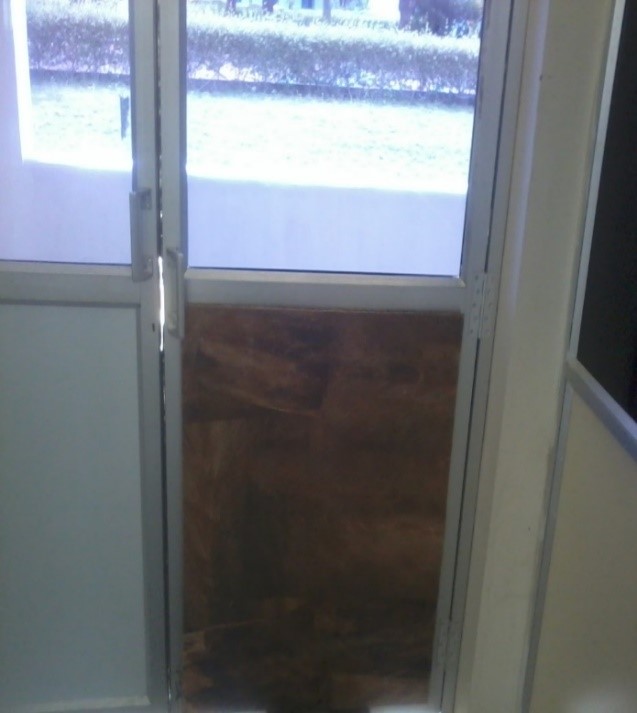
Side Door Panel Made from Waste Materials Fixed in Door
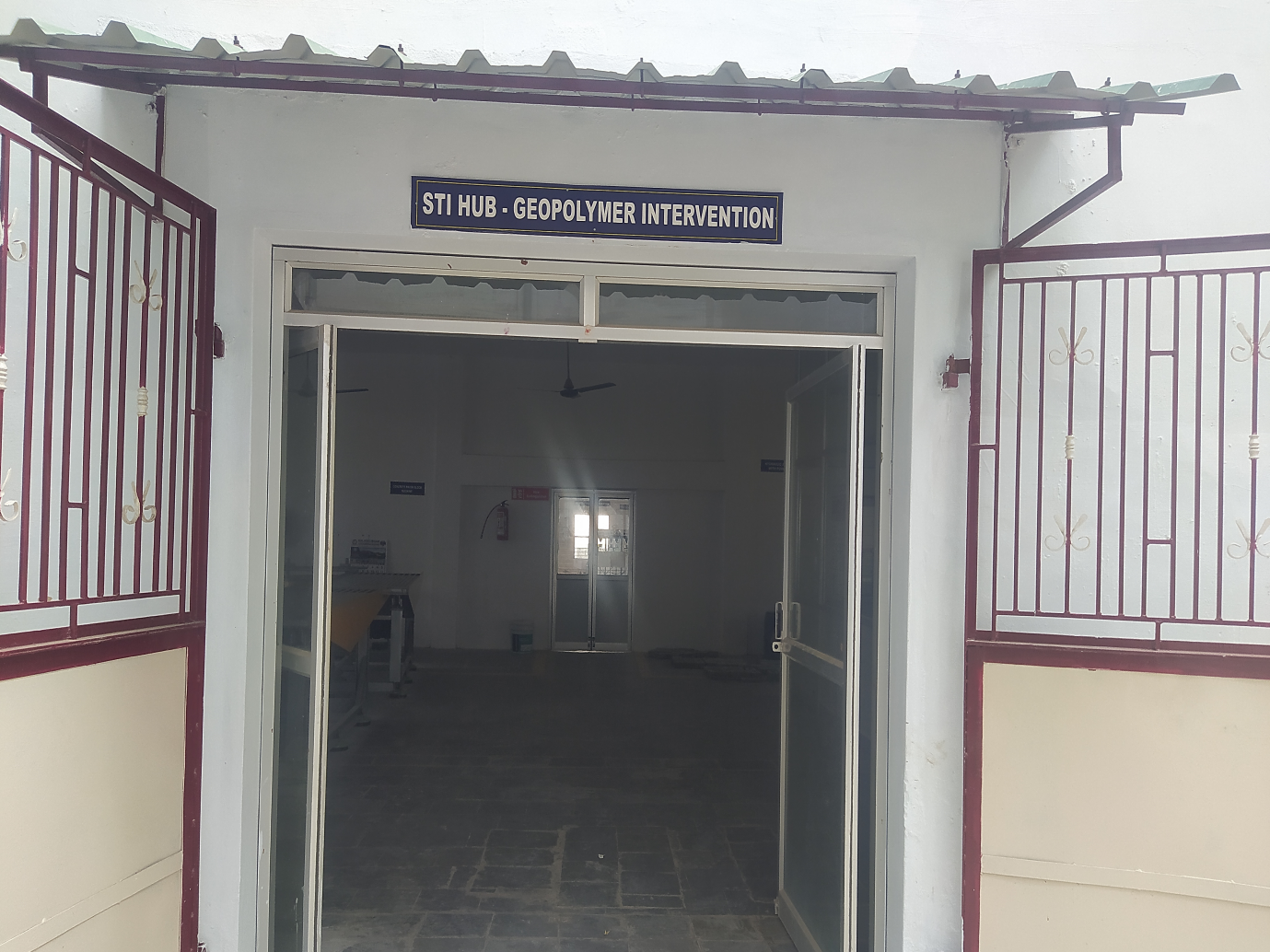
Geopolymer Intervention
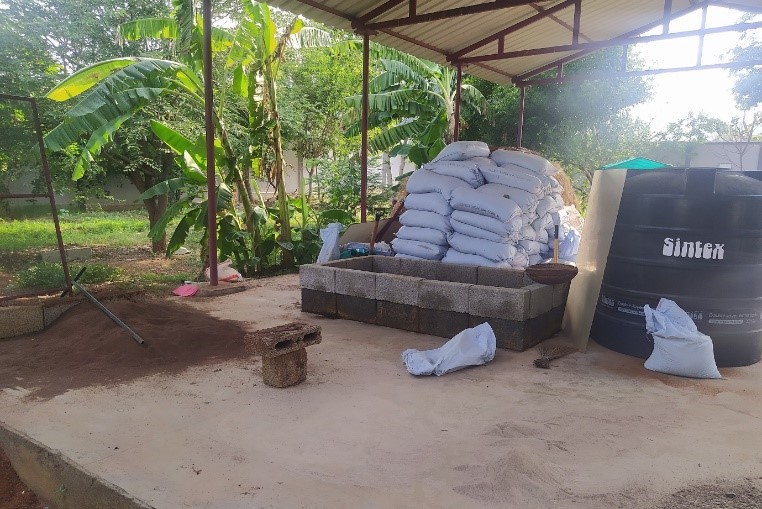
Solid Biofertilizer
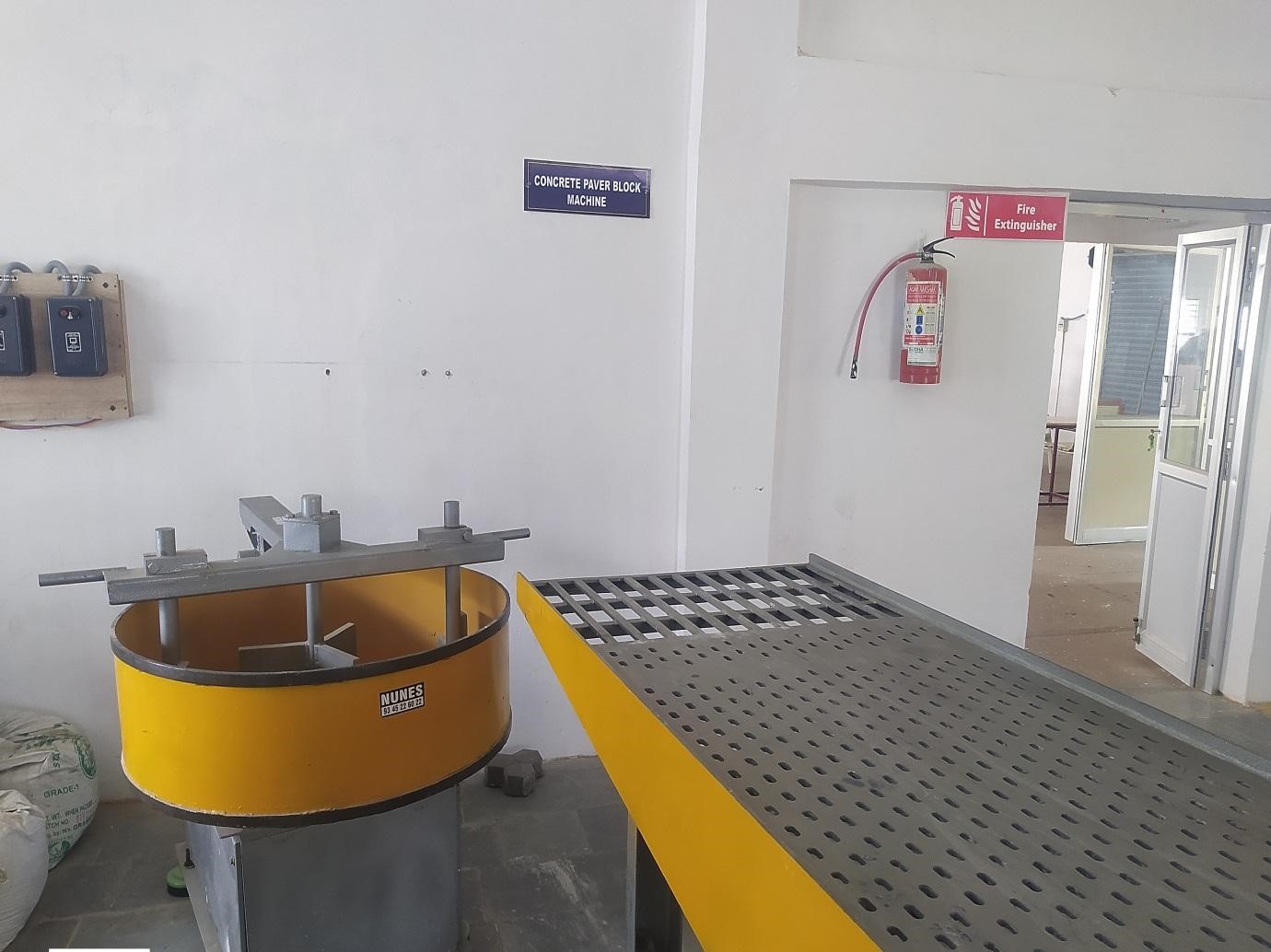
Concrete Paver Block Machine
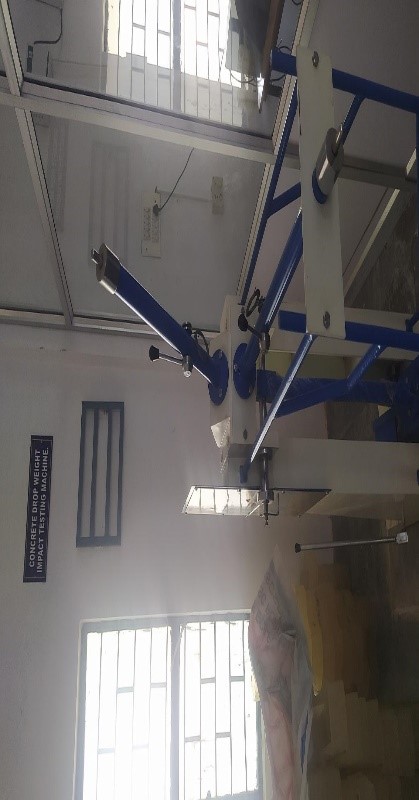
Concrete Drop Weight Impact Testing Machine
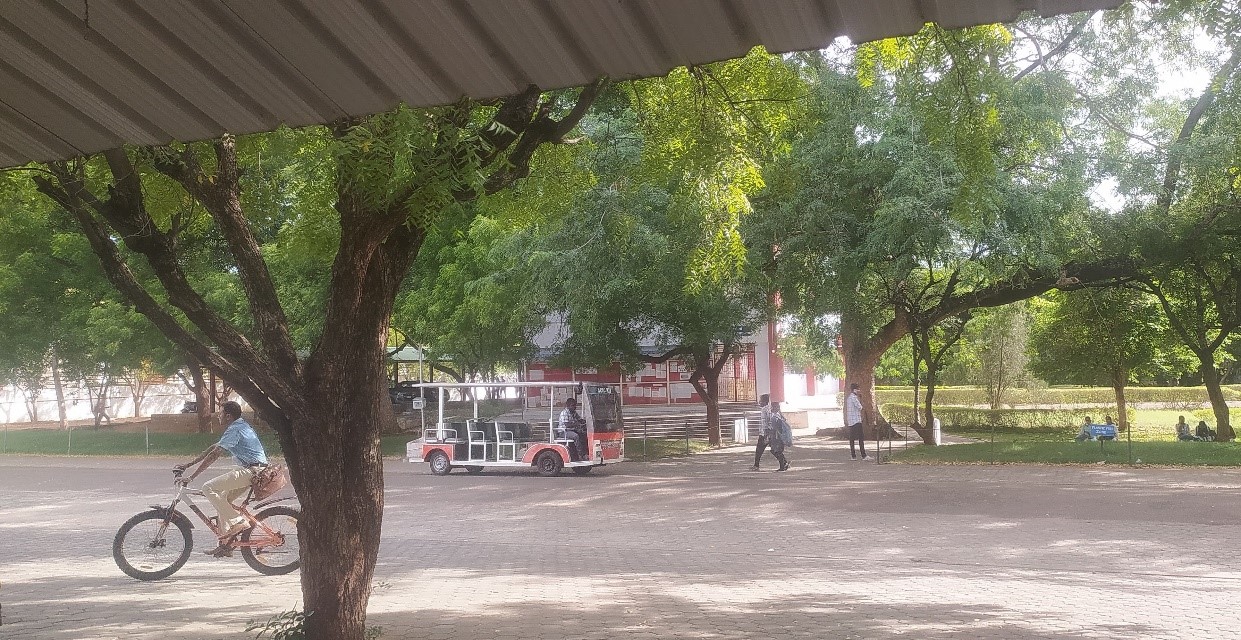
Use of EVs and Bicycles for Campus Shuttle Services
| S.No | Programs | Scope (international / regional / national /local / etc) | Total Participants | URL | Short Description |
|---|---|---|---|---|---|
| 1 | International Conference on Sustainable in Materials, Manufacturing, and Automation (ICSIMMA2024) | International | 182 | https://kalasalingam.ac.in/icsimma2024/ | The Department of Mechanical Engineering, Kalasalingam Academy of Research and Education organised the International Conference on Sustainable in Materials, Manufacturing and Automation (ICSIMMA2024) during April 17 – 18, 2024 |
| 2 | M.Tech programme on Renewable Energy Technologies | Regional | 12 | https://www.kalasalingam.ac.in/course/m-tech-renewable-energy-technologies | The M. Tech (RET) curriculum and syllabus are developed to offer the best training in renewable energy in the important areas of energy infrastructure, rational use of energy, energy policies and regulations, and energy-environment interface etc. |
| 3 | Saplings planting and distribution | Regional | 424 | – | As part of KARE’s NSS Green Week initiative, an environmental program was held on Aug 15, 2023. At the event’s conclusion, around 1,522 plant saplings were distributed to students, teachers, and staff. A short speech was given to raise awareness among youth about the importance of tree planting and leading an eco-friendly lifestyle. The speech encouraged reducing plastic use and taking small, individual steps to combat global warming and climate change. In total, 4,686 saplings were planted during 2023-24 through various programs aimed at promoting sustainability. |
| 4 | Vehicle Free Day and Emission free Day | Local | 57 | – | Green Army club have been found to be constructive in educating and advice co-students to follow environment friendly practices inside and outside theclassroom and in the campus as well. The student team is aiming to bring zero pollution level in the university by means of adopting new technologies and by continuous monitoring. As part of this, Vehicle Free Day and Energy Conservation Day was organized in Kalasalingam Academy of Research and Engineering on 05.08.2023. |